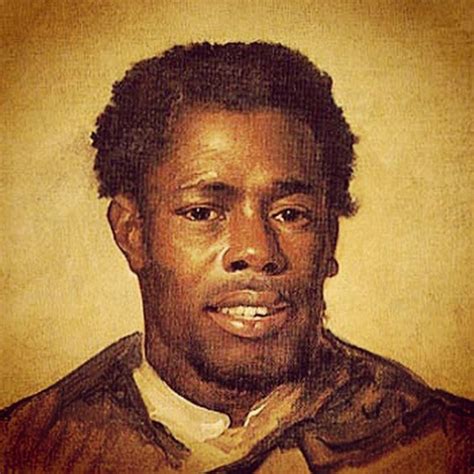A Quote by Henry Giroux
Neoliberalism eats its own children. Disposability is central to how neoliberalism functions. I would not like to romanticize that, though, by suggesting that it creates dreamers. I would like to suggest that the radical imagination is so powerful, when employed collectively, that people will attempt to find solutions in ways that challenge the very conditions that made them disposable. That's where this sort of thing becomes interesting. We need to be careful about the dreaming quality here.
Quote Topics
About
Attempt
Be Careful
Becomes
Careful
Central
Challenge
Children
Collectively
Conditions
Creates
Disposable
Dreamers
Dreaming
Eats
Employed
Find
Functions
How
Imagination
Interesting
Like
Made
Need
Neoliberalism
Own
People
Powerful
Quality
Radical
Solutions
Sort
Suggest
Suggesting
Them
Thing
Though
Very
Ways
Will
Would
Related Quotes
It turns out that we're actually capable of something other than neoliberalism and actually we're really capable of enjoying ourselves more than we do under neoliberalism. It feels that if neoliberalism is first about privatizing desire and imagination before the economy, then we're in this process of publicizing it again.
Under the regime of neoliberalism, individual responsibility becomes the only politics that matters, and serves to blame those who are susceptible to larger systemic forces. Even though such problems are not of their own making, neoliberalism's discourse insists that the fate of the vulnerable is a product of personal issues ranging from weak character to bad choices or simply moral deficiencies. This makes it easier for its advocates to argue that poverty is a deserved condition.
No leader can possibly have all the answers . . . .The actual solutions about how best to meet the challenges of the moment have to be made by the people closest to the action. . . .The leader has to find the way to empower those frontline people, to challenge them, to provide them with the resources they need, and then to hold them accountable. As they struggle with . . . this challenge, the leader becomes their coach, teacher, and facilitator. Change how you define leadership, and you change how you run a company.
There is at the back of every artist’s mind something like a pattern and a type of architecture. The original quality in any man of imagination is imagery. It is a thing like the landscape of his dreams; the sort of world he would like to make or in which he would like to wander, the strange flora and fauna, his own secret planet, the sort of thing he likes to think about. This general atmosphere, and pattern or a structure of growth, governs all his creations, however varied.
If children are given some real content, they can feel powerful with their own understanding of it. I think a movie like 'Indian in the Cupboard' will instruct them how to proceed as people. They can think about whether they would have done something the way a character did, how they would have felt about an event in the story.
One of the things that neoliberalism does is, it relies on flexible workforces who are hired and fired at will and who are basically disposable labor. You can use them. You can get rid of them. They have no rights; they have no security. Their lives and well-being are made and unmade at the whim of those who are exercising the calculus. So, instead of looking at the institution and objecting to that kind of organization, people just go, "I'm a failure;"; "I'm not working hard enough"; or, "I'm not as smart as the next person."
Where neoliberalism thrives is in having done something that we haven't seen before. There is a merging of culture, politics, and power under neoliberalism that's unprecedented. They control the cultural apparatuses. And what I mean by "cultural apparatuses" is all those institutions that are about the production of knowledge, values, dispositions, and subjectivities. They control them.
I'm very interested in the question of how we perceive something, how consciousness goes from one thing, like looking at you in your black hat to what it might mean to my imagination and how I would draw that or write that, how I would subjectify you? It's something that is endlessly interesting to me.
... one of the main functions of an analogy or model is to suggest extensions of the theory by considering extensions of the analogy, since more is known about the analogy than is known about the subject matter of the theory itself ... A collection of observable concepts in a purely formal hypothesis suggesting no analogy with anything would consequently not suggest either any directions for its own development.
When I got large enough to go to work, while employed I was reflecting on many things that would present themselves to my imagination; and whenever an opportunity occurred of looking at a book, when the school-children were getting their lessons, I would find many things that the fertility of my own imagination had depicted to me before.
Looking back on it now, I understand why that was not possible [to express ourselves], because the pottery employed a dozen people, not all of whom are making pots. And these people had families, children, and they had to have a wage that would allow them to raise their family and they had to get a paycheck every Friday afternoon. So if we had not made pots that would sell it, would not have been possible for these people to be employed.


































